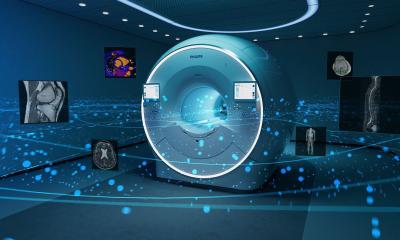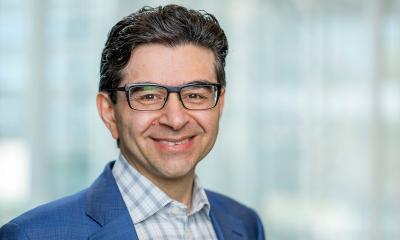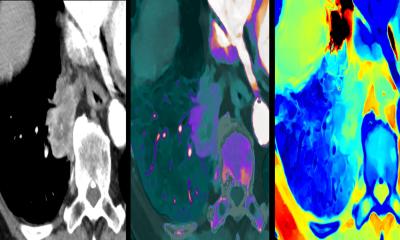Philips Speech Recognition Systems acquires Kuhlmann-Informations-Systeme
Philips Speech Recognition Systems has acquired Kuhlmann-Informations-Systeme (KIS), a provider of dictation and speech recognition solutions for healthcare.

Marcel Wassink, Holger Ladewig and Denise Hennig
‘Why, after a successful co-operation spanning a decade, has Philips taken over KIS now?’ asked Denise Hennig, of European Hospital, during a discussion with Marcel Wassink, managing director of Philips Speech Recognition Systems, Vienna, and Holger Ladewig, managing director of Kuhl-mann-Informations-Systeme, at MEDICA 2006.
Marcel Wassink described Philips’ immense growth throughout Europe over the past few years. ‘Today, speech recognition is employed not only in individual hospital departments but also in regional health and hospital associations. In Spain, an entire region has recently introduced our system. About 8,000 organisations in 45 countries use our SpeechMagic technology – and demand is increasing continuously.
‘In future it will be crucial to make medical information available digitally. KIS has been a reliable partner for 10 years, covering the service area. This is important since our product is not a simple box you throw at a client, then take the money and run.’
Holger Ladewig explained: ‘Philips supplies the package – hardware and software – and KIS takes care of after-sales. Thanks to co-operation with our sales partners the product can be integrated easily into a client’s existing IT environment. Once speech recognition has been implemented and introduced in a hospital, the processes change. This is where KIS comes in. We train staff, develop tailor-made solutions and offer help should problems arise.
‘Since our clients have a constant need to optimise their processes, KIS is a long-term partner. In turn, this close co-operation helps us further to develop our product and adapt it to users’ individual needs. Currently, KIS has about 400 installations in hospitals and 500 in physicians’ offices.’
Asked how they foresee developments in this market, Marcel Wassink predicted that, medium to long term, speech recognition will become an integral component of hospital information systems.
‘This is not merely about transforming dictations into text,’ he pointed out. ‘We want to streamline the entire workflow, make it simpler and more efficient. Remember how long it used to take for all findings and physicians’ letters to be completed? Now we want to improve the quality of document generation.
‘Imagine the system warns a physician – while he’s dictating – that medication he has just prescribed is contra-indicated. This information is drawn from a medical database within the system and is continually expanded.’
A survey by the EU Directorate-General of Health and Consumer Protection found that almost four in five EU citizens classified medical errors as an important problem in their country. In Italy alone, medical errors have been reported to result in up to 90 deaths a day.
Marcel Wassink added: ‘When we succeed in improving healthcare documentation we will contribute to reducing the number of medical errors – and improve patient safety.’
Holger Ladewig revealed that additional services were also planned, including Check Contra-indication, Check Medical Error, Check for Completeness. He said: ‘That’s why direct discussion with our clients is so important – to improve and expand our portfolio. We need it.’
27.12.2006





